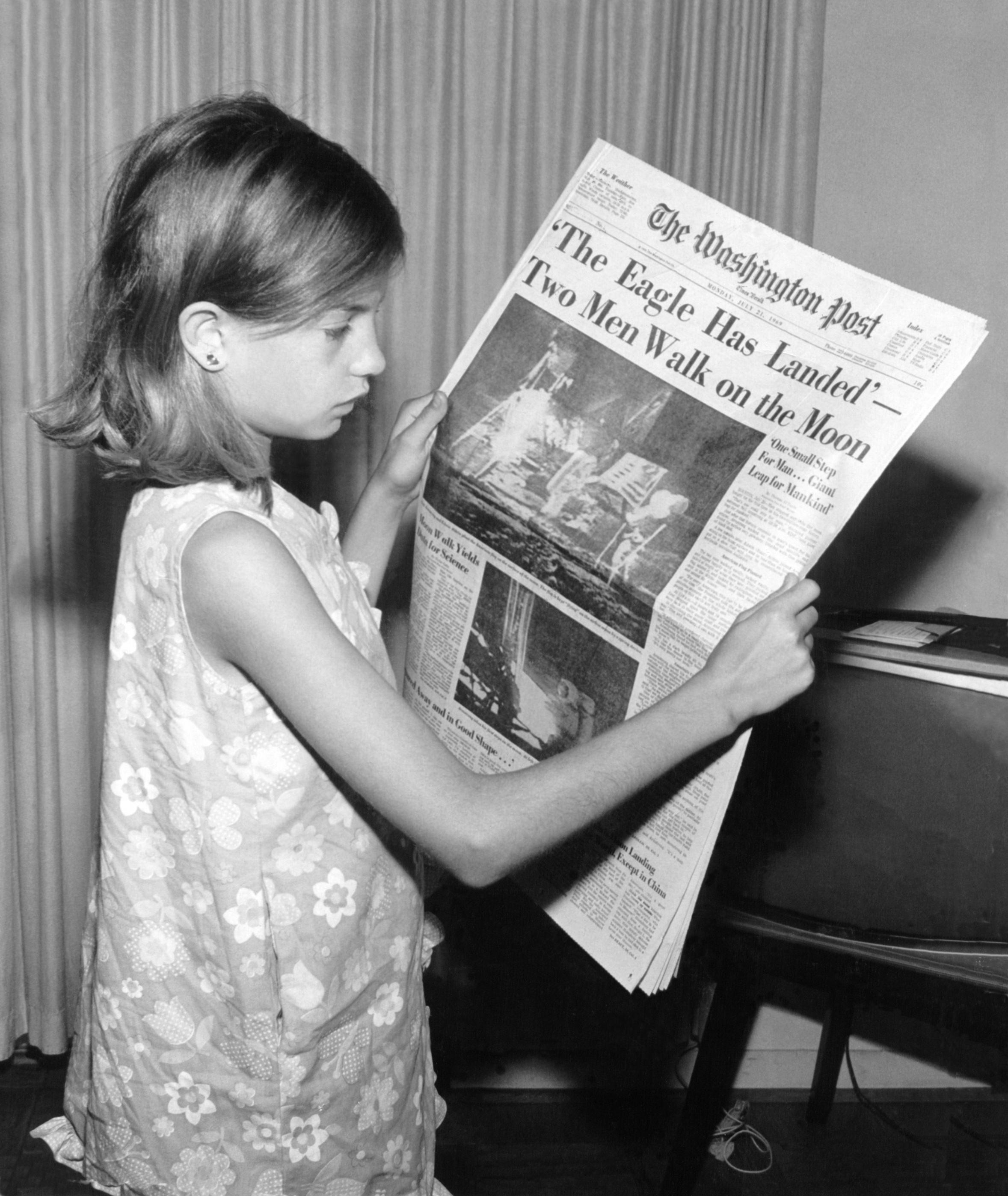Say what you will about Jill Abramson, but she gave the New York Times enduring gifts with the hires of Jake Silverstein and Deborah Needleman, editors respectively of the Magazine and the T Magazine. They’ve both done a lot of excellent work early in their tenures.
Her successor, Dean Baquet, amateur proctologist, is a talented person with a huge job ahead of him at the venerable and wobbly news organization, and he may yet call Mike Bloomberg boss because such a transaction makes a lot of sense financially. In a new Spiegel interview conducted by Isabell Hülsen and Holger Stark, Baquet addresses the technological “Space Race” he’s trying to win–or at least not lose. An excerpt:
Spiegel:
Digital competitors like BuzzFeed and the Huffington Post offer an extremely colorful mix of stories and have outperformed the New York Times website with a lot of buzz.
Dean Baquet:
Because they’re free. You’re always going to have more traffic if you’re a free website. But we’ve always admitted that we were behind other news organizations in making our stories available to people on the web. BuzzFeed and the Huffington Post are much better than we are at that, and I envy them for this. But I think the trick for the New York Times is to stick to what we are. That doesn’t mean: Don’t change. But I don’t want to be BuzzFeed. If we tried to be what they are, we would lose.
Spiegel:
In May, your internal innovation report was leaked along with its harsh conclusion that the New York Times’ “journalistic advantage” is shrinking. Did you underestimate your new digital competitors?
Dean Baquet:
Yes, I think we did. We assumed wrongly that these new competitors, whether it was BuzzFeed or others, were doing so well just because they were doing something journalistically that we chose not to do. We were arrogant, to be honest. We looked down on those new competitors, and I think we’ve come to realize that was wrong. They understood before we did how to make their stories available to people who are interested in them. We were too slow to do it.
Spiegel:
The report was disillusioning for many newspaper executives because the Times is widely seen as a role model when it comes to the question of making money on the web. The report, instead, pointed out that the Times lacks a digital strategy and the newsroom is far away from a “digital first” culture.
Dean Baquet:
First, the Times is and has always been a digital leader. The report only cited some areas where we fell down. Second: Half of the report is critical, and half of it has ideas for things you can do to fix the problem. A lot of things have been done already.
Spiegel:
What has changed?
Dean Baquet:
We have, for example, built a full-bodied audience development team that engages with our readers through social networks. The team has been in operation for three months now and we already have a pretty consistent 20 percent increase in traffic.
Spiegel:
How does this influence the work of your journalists?
Dean Baquet:
It used to be, if you were a reporter, you wrote a story and then you moved on to the next one. We were used to people coming to us. We waited for them to turn on our website or to pick up our print paper and see what we have. We now understand that we have to make our stories available to our readers. A lot of people get their news from Facebook or Twitter and we want to make sure that they see some of our best stories there, too. We do this more aggressively now than we did before.•




